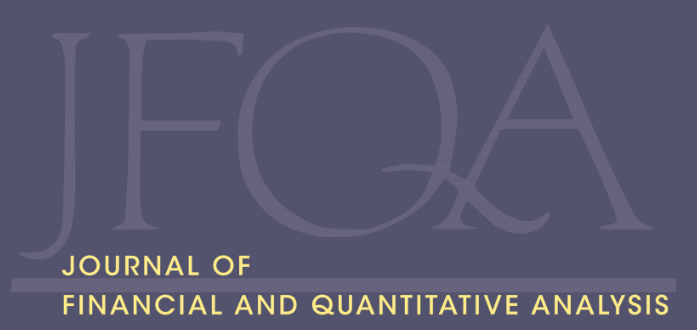Federal ID: 91-6001537
ISSN: 0022-1090 (Print) | 1756-6916 (Online)
The Use of Peer Groups in Setting Director Compensation: Competition for Talent Versus Self-Serving Behavior
Sheng-Syan Chen, Cheng-Yi Chien, and Chia-Wei Huang
♦ Recent Delaware Chancery Court decisions that boards are self-interested in setting director compensation have focused scrutiny on the pay-setting process used by corporations. We examine the effect of peer benchmarking on director compensation decisions. Director pay relates positively to peer director pay, and firms paying their directors highly are selected as peers. Moreover, firm performance and board advising performance are positively related to the talent component and are generally unrelated to the self-serving component of the peer pay effect. The evidence indicates that firms use peer benchmarking to justify high compensation mainly to attract talented directors to enhance board quality.
Read it here.
